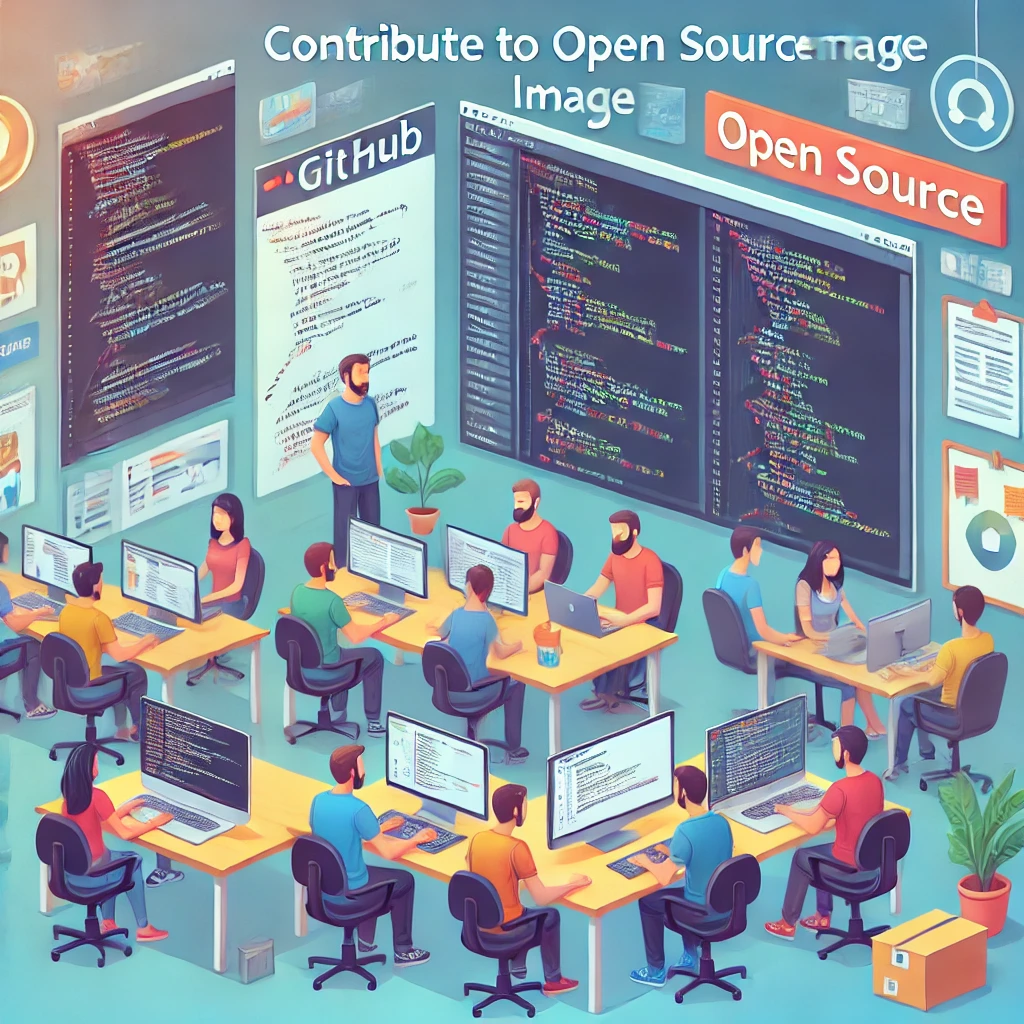Table of Contents
- 1. Basics of Programming
- 2. Statistics and Mathematics
- 3. Data Preprocessing
- 4. Machine Learning Algorithms
- 5. Model Evaluation and Improvement
- 6. Real-World Projects
Introduction
Hurray! You’re using Roadmap to Learn Machine Learning as your guide to dive into the exciting world of Machine Learning (ML). With the increasing demand for ML professionals in various industries, understanding how to navigate this complex field is essential. This blog post provides a comprehensive roadmap for aspiring data scientists, software engineers, and tech enthusiasts who want to learn Machine Learning effectively.
Understanding Machine Learning

Understanding Machine Learning
Before embarking on your learning journey, it’s crucial to understand what Machine Learning is. At its core, Machine Learning is a subset of artificial intelligence that allows systems to learn from data, identify patterns, and make decisions with minimal human intervention.
Essential Prerequisites
To effectively learn Machine Learning, you should have a solid foundation in several areas:
- Mathematics: A strong grasp of linear algebra, calculus, and probability is crucial.
- Programming: Proficiency in Python or R is beneficial as they are the primary languages used in ML.
- Data Handling: Familiarity with data manipulation libraries like Pandas and NumPy is essential.
Step-by-Step Roadmap
Step-by-Step Roadmap
1. Basics of Programming
Start by mastering the basics of programming. Python is the most popular language for Machine Learning due to its simplicity and the availability of numerous libraries. Learn the following:
- Data types and structures
- Control structures (if statements, loops)
- Functions and modules
Focus on building small projects to reinforce your learning.
2. Statistics and Mathematics
Understanding the statistical concepts behind Machine Learning algorithms is vital. Concentrate on the following areas:
- Descriptive statistics (mean, median, mode)
- Probability theory
- Inferential statistics
- Linear algebra and calculus
You can find valuable resources on websites like Khan Academy and Coursera.
3. Data Preprocessing
Data is often messy and unstructured, which makes data preprocessing an essential skill. Learn about:
- Data cleaning: Handling missing values and outliers.
- Data transformation: Normalization and standardization.
- Feature engineering: Selecting and creating features that improve model performance.
4. Machine Learning Algorithms
Once you have a solid foundation, dive into various Machine Learning algorithms:
- Supervised Learning: Regression and classification algorithms such as Linear Regression, Decision Trees, and Support Vector Machines (SVM).
- Unsupervised Learning: Clustering methods like K-means and hierarchical clustering.
- Reinforcement Learning: Understanding how agents learn to make decisions.
5. Model Evaluation and Improvement
Learning about model evaluation metrics is crucial for understanding your model’s performance. Focus on:
- Accuracy, precision, recall, and F1 score: Key metrics for evaluating classification models.
- Mean Absolute Error (MAE) and Mean Squared Error (MSE): Essential for regression models.
- Techniques for improving model performance, such as cross-validation and hyperparameter tuning.
6. Real-World Projects
Hands-on experience is invaluable in your journey to learn Machine Learning. Work on projects that interest you, such as:
- Predictive modeling
- Natural language processing (NLP)
- Image recognition
Collaborate with peers or contribute to open-source projects on platforms like GitHub.
Recommended Resources

Recommended Resources
To aid your learning, consider these fantastic resources:
- Books: “Hands-On Machine Learning with Scikit-Learn, Keras, and TensorFlow” by Aurélien Géron.
- Online Courses: Platforms like edX and Udacity offer excellent courses on Machine Learning.
- Communities: Join forums like Stack Overflow and Reddit communities focused on Machine Learning for discussions and troubleshooting.
Bonus Tips for Learning Machine Learning
- Stay Updated with Trends:
- Follow industry leaders, research papers, and news outlets to stay informed about the latest advancements in Machine Learning. Websites like ArXiv, Towards Data Science, and Medium can be great resources.
- Engage with Online Communities:
- Join forums, social media groups, and online platforms like LinkedIn, Reddit, or Kaggle to connect with other learners and professionals. Participating in discussions and Q&A can deepen your understanding.
- Practice Coding Regularly:
- Hands-on practice is essential. Use platforms like LeetCode, HackerRank, or Kaggle to solve coding challenges and work on real-world datasets.
- Participate in Competitions:
- Join Machine Learning competitions on platforms like Kaggle or DrivenData. These challenges help you apply your knowledge, gain experience, and learn from others.
- Build a Portfolio:
- Document your projects, including the problems you solved, the algorithms used, and the outcomes. Having a portfolio will showcase your skills to potential employers and collaborators.
- Seek Feedback:
- Share your work with peers, mentors, or online communities to receive constructive feedback. Critiques can help you improve and refine your skills.
- Learn by Teaching:
- Explaining concepts to others or writing about them can reinforce your understanding. Consider creating blog posts, tutorials, or videos to teach others what you’ve learned.
- Experiment with Different Tools:
- Familiarize yourself with various Machine Learning frameworks and libraries, such as TensorFlow, PyTorch, and Scikit-Learn. Experimenting with different tools can enhance your versatility.
- Understand the Ethical Implications:
- Explore the ethical considerations and societal impacts of Machine Learning. Understanding issues like bias, privacy, and accountability is crucial for responsible AI development.
- Be Patient and Persistent:
- Learning Machine Learning can be challenging, and progress may be slow at times. Stay motivated, keep practicing, and remember that persistence is key to mastering this field.
Conclusion
By following this Roadmap to Learn Machine Learning, you can systematically develop your skills and knowledge in this dynamic field. Embrace the challenges, stay curious, and continue learning. With dedication and practice, you’ll be well on your way to becoming a proficient Machine Learning practitioner!



One Reply to “10 Essential Steps in Your Roadmap to Learn Machine Learning: Master the Future!”